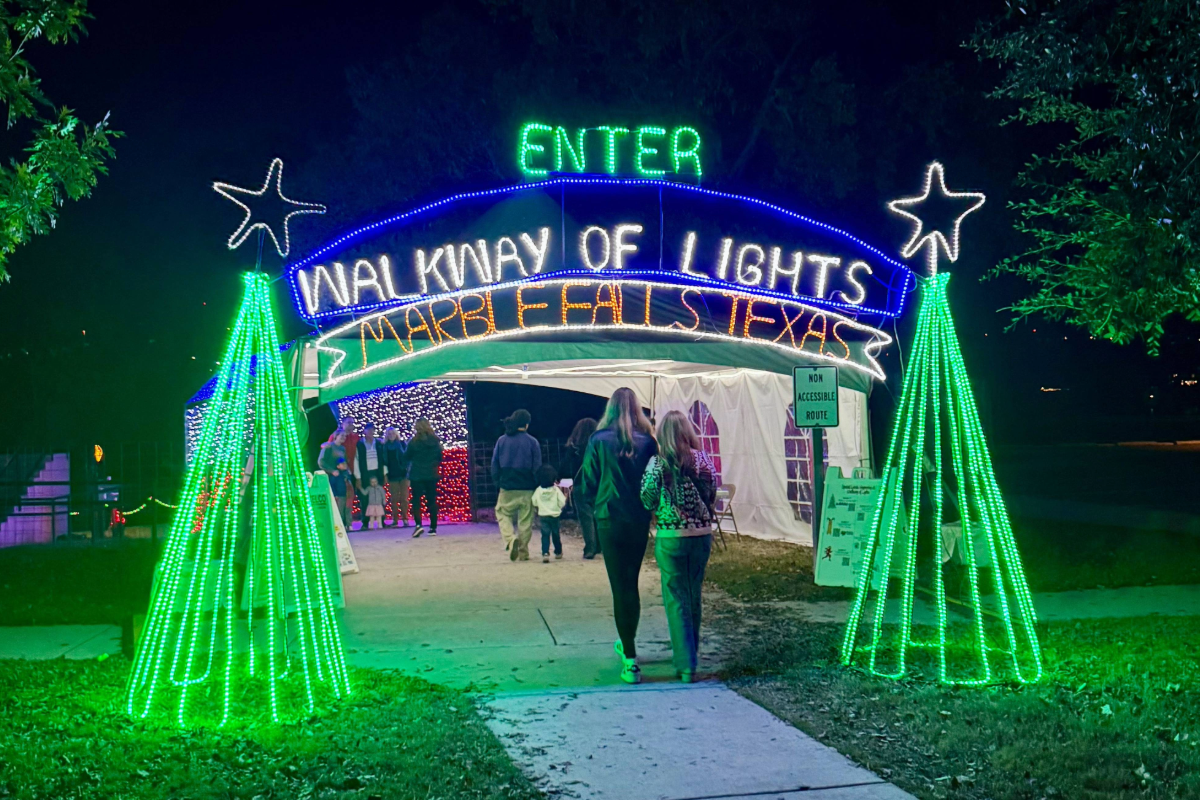
Plants such as mint, rosemary, basil, and lavender can repel pests like mosquitos, flies, and fleas. Plant them in your gardens or pot them and place them around outdoor seating areas.
How is your garden growing? Tender vegetables peeking through the green leaves? As you walk through your gardens daily (gentle reminder), have the garden pests got you frustrated? Have you noticed all those little spoilers in your squash, pepper, and tomato plants?
Here is an easy solution: garlic barrier.
This is a ready-to-use spray; just read the directions. If you want, you can make your own using the “Rodale Garden Problem Solver” recipe.
Here it is:
Chop or grind garlic, onions, or chives into fine particles. Mix the ground-up material with water then strain to form a clear solution. Spray in two applications, two to three days apart. The spray works when it makes contact with the aphids.
REPEL AND ATTRACT
With the last days of school approaching, we’ve noticed all the bug repellents for sale. We’re not fans of the smell of bug spray, but we do love the smell of flowers and plants. So, in our new adventure garden, we have planted in pots (so we can move them to the porch, if needed) herbs and flowers that attract pollinators that EAT mosquitoes as well as plants that repel bloodsuckers. For instance, did you know dragonflies are often referred to as “mosquito hawks?” Many birds also feed on mosquitoes and flies.
Birds you want as neighbors (because they eat bugs) include: purple martins, bluebirds, chickadees, nighthawks, nuthatches, phoebes, sparrows (all 27 species), swallows, vireos (Bell’s vireo), woodpeckers, wrens, scissor-tailed flycatchers, and summer tanagers. Many more of our avian friends feed on pests.
Keep water in your garden for the birds to help them wash down the bugs. Dump and refill every other day so you aren’t harvesting more mosquitoes.
Now about those plants that are in pots. Many of you are familiar with the citronella plant to repel mosquitoes. There are more: Basil repels flies and mosquitoes; lavender keeps away moths, fleas, flies, and mosquitoes; lemongrass, lemon thyme, mint, and rosemary also keep the mosquitoes away.
And, oh, the delicious smells growing!
DARK SKY LIGHTING
Ben Eldredge of Cibolo Nature Center eloquently explains the importance of dark sky lighting:
“Our stars are fading behind a vail of light. As communities grow, the amount of light grows with them, casting more light into our atmosphere. This light interacts with particles in the atmosphere, bouncing light back to the planet’s surface.
“Eventually, all but the brightest stars become obscured from view. This effect is called ‘light pollution,’ and, besides blocking our view of the universe, it also disrupts people’s sleep patterns and confuses wildlife. This is why dark sky lighting and dark sky ordinances are becoming more common throughout the Texas Hill Country.
“Through proper outdoor and street lighting that focuses light downward, coupled with lights that are tuned to a yellow-orange color temperature of no more than 3,000 Kelvin, we can regain our night sky, improve our security. and sleep soundly.
“It’s easy to keep ‘The stars at night … big and bright, deep in the heart of Texas.’ Simply head on over to the Hill Country Alliance website to learn more about dark sky lighting.”
MANAGING YOUR HILL COUNTRY PROPERTY
The Land Management Assistance Program (LMAP) team made up of Master Naturalists is available to visit properties (100 acres or less) in Blanco, Burnet, Lampasas, and Llano counties to:
• help you identify trees, shrubs, wildflowers, and grasses on your land, including those defined as "invasive;”
• discuss with you your goals, plans, and concerns for the land;
• help you recognize potential land use problems;
• discuss "Firewise" principles;
• talk with you about good land management practices;
• and provide you with the names of government agencies and other organizations that are available to assist landowners.
Site visits last three to four hours. After a visit, the LMAP team provides a written assessment to the landowner along with a list of plants identified on the property.
For more information or to schedule a free site visit, email LMAPinformation@gmail.com.
Keep your souls and soles in your garden!
Remember the True Master Gardener: Jesus said, “I am the vine; my Father is the Gardener.” John 15:1 Call Bill Luedecke at The Luedecke Group Realtors at (512) 577-1463 or email him at bill@texasland.net. Contact Martelle Luedecke at (512) 769-3179 or luedeckephotography@gmail.com.











